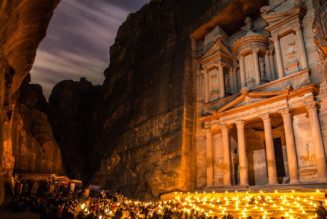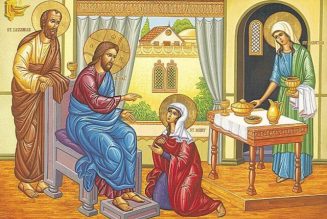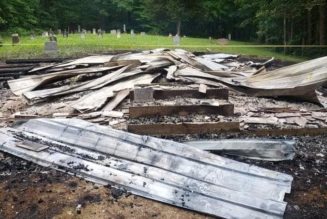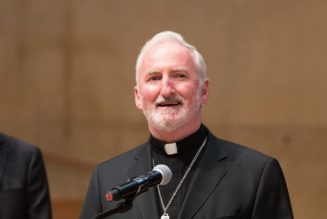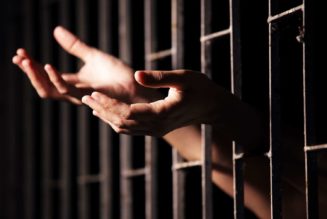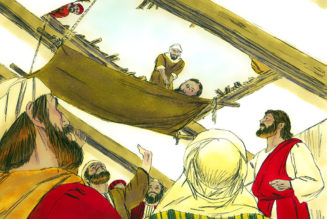ROME – Chronologically speaking, George Leo Thomas is America’s most recent archbishop. The Archdiocese of Las Vegas was erected just over a month ago, on May 30, and Thomas was in Rome June 29 for a Mass in which Pope Francis blessed the pallium, or woolen stole, which will be the symbol of his office when he formally receives it from the papal ambassador in a ceremony Oct. 2.
Yet while Thomas’s ecclesiastical status may be newly minted, the 73-year-old prelate is anything but a newbie.
On the contrary, few clerics anywhere in the world arguably have arrived at the rank of archbishop with deeper preparation for the role. A native of Helena, Montana, Thomas served as the diocesan bishop there from 2004 to 2018 before being named to Vegas. He’s been involved in ecclesiastical administration his entire career, having served as the Vicar General, effectively the Chief of Staff, under three different Archbishops of Seattle in the 1980s, 1990s and 2000s, each with a strikingly different style.
So close was Thomas to his mentors that he actually spoke at the funerals of all three men: Archbishops Raymond Hunthausen, Thomas Joseph Murphy and Alexander Joseph Brunett.
Thomas sat down with Crux for a July 1 interview in Rome looking back over those experiences, and also looking forward to what’s next in one of America’s fastest-growing dioceses.
For a bishop today known as bridge-builder, able to foster friendships across the ideological and theological spectrum, it’s perhaps not entirely coincidental that Thomas cut his administrative teeth under a high-profile prelate who was sometimes a lightning rod.
Famously, Hunthausen, an outspoken liberal who once publicly refused to pay half his income tax to protest the stockpiling of nuclear weapons in his archdiocese, became the target of a Vatican investigation in the mid-1980s for alleged violations of Church teaching. A young Donald Wuerl, the future Cardinal of Washington, D.C., was briefly appointed an auxiliary bishop with special powers, triggering lasting tensions between Rome and the American church.
